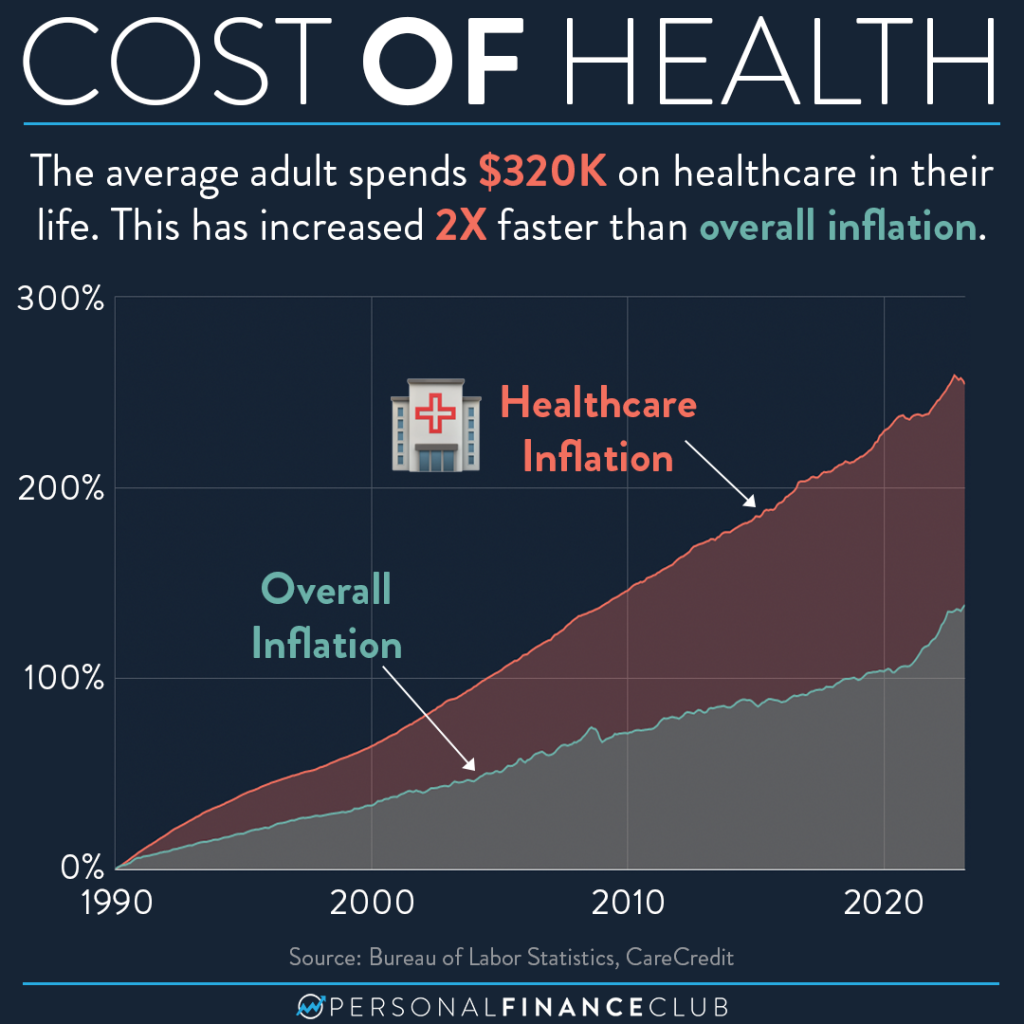Revealing the Benefits of Healthcare RCM in Improving Performance and Accuracy in Revenue Cycle Administration
In the swiftly progressing health care landscape, the importance of Revenue Cycle Administration (RCM) can not be overemphasized. As health care suppliers make every effort for accuracy and efficiency, RCM emerges as a pivotal tool in simplifying operations, minimizing mistakes, and improving financial outcomes.
Improving Administrative Tasks

Furthermore, the combination of electronic wellness records (EHR) with RCM systems assists in real-time data accessibility and sharing, enabling health care professionals to make informed decisions quickly. This interconnectedness not only enhances interaction in between administrative and professional groups but additionally enhances client fulfillment by decreasing waiting times and billing inconsistencies - Healthcare RCM. Moreover, structured administrative processes permit for better compliance with governing standards, mitigating threats related to audits and charges
Eventually, the focus on refining administrative tasks in RCM results in set you back savings and enhanced monetary efficiency. By purchasing automation and enhancing process, medical care companies can accomplish an extra sustainable earnings cycle, guaranteeing lasting viability and the capability to adapt to evolving market needs.
Enhancing Insurance Claims Processing
Exactly how can medical care companies improve the performance of their cases handling? The integration of advanced Income Cycle Monitoring (RCM) systems uses a robust remedy. By utilizing automation and advanced analytics, RCM systems simplify the complex and typically troublesome insurance claims refining tasks. Automation lowers hand-operated data entry mistakes, makes certain conformity with the most recent billing codes, and accelerates the general insurance claims lifecycle from submission to compensation.
Moreover, real-time analytics play a pivotal duty in boosting claims refining performance. These analytics devices provide understandings into traffic jams and possible denials, permitting healthcare companies to address problems proactively. Anticipating analytics can anticipate patterns in insurance claim denials, making it possible for preemptive actions to alleviate them, hence minimizing the moment considered cases to be refined and accepted.
In addition, the fostering of electronic health and wellness documents (EHR) incorporated with RCM systems ensures smooth information flow, reducing redundancies and increasing the precision of information sent in cases. A constant feedback loophole facilitated by RCM systems even more improves the procedure, fostering constant renovation.
Eventually, by leveraging technology-driven remedies in claims refining, medical care organizations can enhance functional effectiveness, enhance cash money flow, and provide a smoother experience for patients and team alike.
Reducing Financial Mistakes
Accurate monetary management is crucial in health care, where decreasing monetary mistakes can considerably affect functional success. Monetary errors, whether as a result of incorrect payment, coding errors, or mismanagement of individual accounts, can bring about substantial revenue loss and strained partnerships with payers and individuals. Addressing these errors is important to preserve a health care organization's economic health and wellness and improve its track record.
Healthcare Income Cycle Monitoring (RCM) plays a critical duty in lessening such errors with structured processes. By applying standard procedures for billing, coding, and collections, medical care carriers can make certain that economic purchases are taken care of with accuracy. Comprehensive training for staff on current coding laws and billing methods also minimizes the probability of errors, guaranteeing insurance claims are appropriately refined and reimbursed.

Moreover, complete audits and regular monetary reviews within the RCM structure permit the very early detection and correction of disparities. Guaranteeing accuracy in patient data access and confirmation even more mitigates mistakes, as this is frequently a main source of errors. By concentrating on these strategic areas, healthcare organizations can reduce economic mistakes, therefore protecting their income streams and improving general functional effectiveness.
Leveraging Advanced Technologies
In today's quickly developing healthcare my response landscape, leveraging advanced innovations is necessary for enhancing Income Cycle Management (RCM) processes. By incorporating innovative options such as expert system (AI), artificial intelligence (ML), and robotic process automation (RPA), medical care providers can considerably boost the effectiveness and precision of their RCM operations. These innovations assist in simplifying repetitive jobs, lowering hand-operated errors, and making it possible for much faster handling of claims.

Moreover, the integration of blockchain innovation improves data protection and transparency within RCM (Healthcare RCM). It guarantees that sensitive info is secured while maintaining an immutable record of purchases. This is crucial for developing depend on with patients and stakeholders
Boosting Financial Efficiency
Building on the efficiencies obtained via innovative modern technologies, health care suppliers can considerably boost their financial efficiency by improving their Profits Cycle Monitoring (RCM) approaches. By enhancing invoicing procedures, minimizing claim rejections, and boosting money circulation, medical care establishments can accomplish far better financial stability. Executing durable RCM solutions enables companies to simplify management jobs, lowering the time and resources invested in hand-operated data access and case handling. This efficiency leads to faster claim submissions and compensations, maximizing profits collection.
Furthermore, information analytics within RCM systems provide valuable insights right into functional bottlenecks and monetary trends. By leveraging these understandings, this link healthcare service providers can make enlightened choices to boost economic end results, such as readjusting payment practices or renegotiating payer contracts. Enhanced accuracy in coding and paperwork additionally minimizes insurance claim beings rejected and audits, promoting a smooth earnings cycle.
Additionally, client involvement devices integrated within RCM platforms improve client complete satisfaction by giving clear payment information and adaptable settlement options. This transparency not only boosts patient-provider connections but additionally urges prompt payments, decreasing impressive accounts receivables.
Conclusion
Health Care Profits Cycle Administration significantly maximizes performance and precision by streamlining administrative jobs and boosting cases handling. Via the reduction of financial mistakes and the combination of advanced modern technologies such as AI and predictive analytics, RCM facilitates compliance with invoicing codes and offers useful understandings into monetary fads. This methodical strategy not only decreases possible insurance claim rejections but additionally enhances economic performance, therefore fostering trust fund and transparency with clients and stakeholders within the health care system.
As healthcare suppliers strive for accuracy and performance, RCM arises as an essential tool in enhancing operations, reducing errors, and boosting financial results.Simplifying management jobs in health care profits cycle monitoring (RCM) uses substantial benefits by enhancing operational effectiveness and reducing the concern on team.Healthcare Income Cycle Management (RCM) plays an essential role in decreasing such errors via structured procedures.In today's rapidly evolving medical care landscape, leveraging sophisticated technologies is crucial for maximizing Earnings Cycle Management (RCM) processes.Structure on the top article effectiveness gained via advanced innovations, medical care carriers can significantly enhance their monetary performance by improving their Profits Cycle Management (RCM) methods.